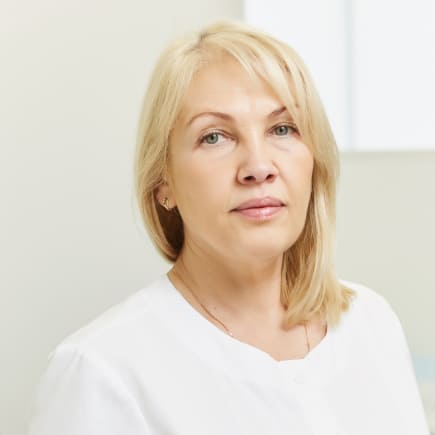Gynecology is a branch of medicine that studies the physiological and pathological states of the female reproductive system at every age. Apart from obstetrics, which deals with the physiology and pathology of pregnancy, this field of medicine studies diseases of the female urogenital sphere: diagnosis, treatment, prevention.
A gynecologist's consultation is a necessary procedure for maintaining women's health and preventing diseases. Increased attention to one's female health is particularly important during life stages such as puberty, pregnancy, and menopause. During these stages, the female body is most vulnerable and requires special care.
By visiting the gynecologists at the EVIMED Clinic, you receive a comprehensive range of services, including highly qualified assistance from experienced doctors, a friendly atmosphere, state-of-the-art medical equipment, and an individualized approach to diagnosis and treatment based on the latest scientific achievements.


